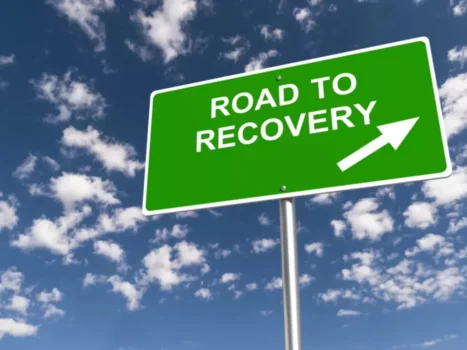
These elements work together to help maintain the sobriety achieved during treatment. Situated across the UK and Spain, our Recovery Centres offer you dignity, comfort, excellent accommodation, our expertise and full support https://ecosoberhouse.com/ as we walk beside you – helping you on your journey to recovery. We have a dedicated family telephone helpline to offer support for those who need it from loved ones and for families to support those in need through recovery.
What’s the outlook for a person with alcohol use disorder?
- Avoid drinking when you’re feeling sad, stressed, or anxious, so you won’t develop a habit of using alcohol as a coping mechanism.
- This leads to decreased pleasurable effects and alcohol dependence, as the person needs alcohol to feel normal.
- Alcohol’s influence on neurotransmitters is both diverse and profound, affecting multiple systems simultaneously.
The pleasurable sensations often lead individuals to continue drinking once they’ve started. You can promote healthy changes in the brains and behaviors of patients with AUD by encouraging them to take a long-term, science-based approach to getting better. For practical, evidence-based tips on supporting your patients with AUD, see the Core articles on treatment, referral, and recovery. As individuals continue to drink alcohol over time, progressive changes may occur in the structure and function of their brains.

Can People With Alcohol Use Disorder Recover?

One size does not fit all and a treatment approach that may work for one person may not work for another. Treatment can be outpatient and/or inpatient and be provided by specialty programs, therapists, and health care providers. A health care provider might ask the following questions to assess a person’s symptoms. Health care professionals use criteria from the Diagnostic and Statistical Manual of Mental Disorders, Fifth Edition (DSM-5), to assess whether a person has AUD and to determine the severity, if the disorder is present. Severity is based on the number of criteria a person meets based on their symptoms—mild (2–3 criteria), moderate (4–5 criteria), or severe (6 or more criteria). See your doctor if you begin to engage in behaviors that are signs of alcohol use disorder or if you think that you may have a problem with alcohol.
Exploring Addiction: Why is Alcohol Addictive?
- As a result, people may find it easier to engage in social interactions, leading to increased feelings of connection and happiness.
- Many people remain addicted to alcohol because they don’t want to face the withdrawal symptoms of drinking cessation.
- These chemicals produce pleasurable feelings and act as natural painkillers.
- Some people may have difficulty controlling their alcohol consumption, while others may emotionally rely on certain types of food.
Drinking alcohol causes your brain to release dopamine and more endorphins. In addition to producing feelings of pleasure and satisfaction, these chemicals also act as natural painkillers. Different why is alcohol addictive people’s brains react differently to alcohol and may have a genetic predisposition. Reward and pleasure centers in the brain become overloaded, causing cravings for those emotions again.
More in The Road to Recovery with Alcohol Dependence
Chronic alcohol use can lead to lasting changes in brain chemistry, potentially exacerbating or contributing to mood disorders, anxiety, and depression. Additionally, the social and personal costs of excessive drinking, such as strained relationships, professional difficulties, and health problems, can significantly impact overall life satisfaction and happiness. Alcohol dependence and addiction represent the most severe manifestations of when the pursuit of happiness through drinking backfires. As tolerance builds and the brain adapts to regular alcohol exposure, individuals may find themselves needing to drink more to achieve the same pleasurable effects. This escalation can lead to a cycle of dependence, where drinking becomes necessary to avoid withdrawal symptoms and maintain a sense of normalcy. While alcohol can provide temporary feelings of happiness and relaxation, it’s crucial to acknowledge and understand the potential dark side of relying on alcohol for emotional well-being.

Social and Psychological Factors Contributing to Alcohol-Induced Happiness
BetterHelp can connect you to an addiction and mental health counselor. Their brain registers the sensation, creating a craving for more. Gradually, this craving becomes habitual, resulting in automatic, unthinking repetition. We are committed to help individuals, communities and families achieve freedom from addiction and our mission to do this is clear. We walk alongside our clients on their journey; understanding their past and working together to build a new future – transforming lives and sustaining recovery for everyone we support.
Treatment Options for Alcohol Addiction
